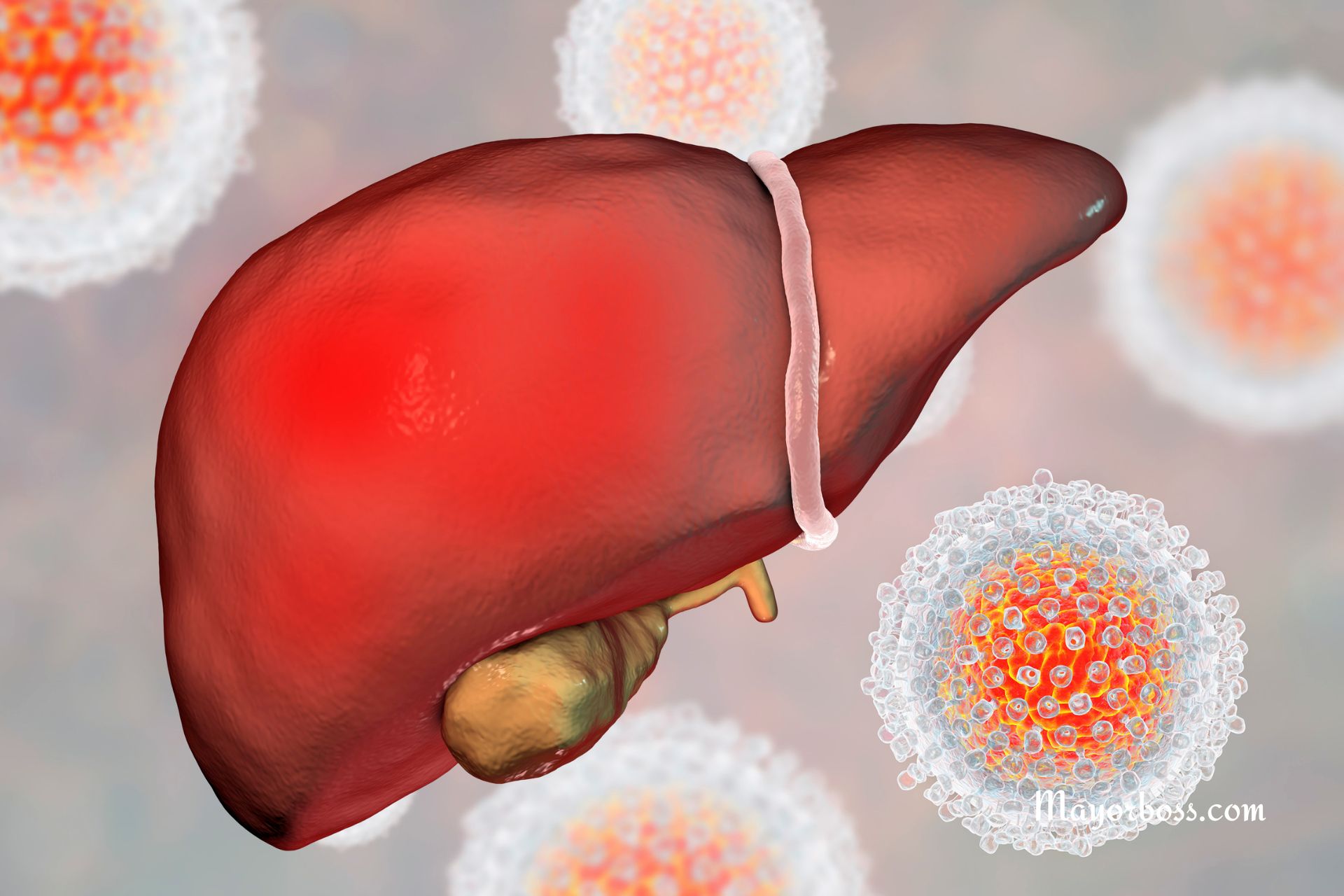Is It Bad to Swallow Gum?
Is it bad to swallow gum? You’ve probably heard the myth that swallowing gum is harmful and can stay in your digestive system for seven years. Spoiler alert: That’s not true. Swallowing gum is generally considered safe, but it’s not without its drawbacks. While gum won’t stay in your stomach for years, it does pass through your digestive system undigested.
This article will explore what happens when you swallow gum and the potential risks involved.

What Happens When You Swallow Gum?
So, you accidentally swallowed your gum. Don’t panic! Your body is well-equipped to handle this situation. When you swallow gum, it goes through your esophagus and lands in your stomach. Here, digestive enzymes and acids get to work, breaking down most of the food you consume. However, gum contains synthetic materials that can’t be digested.
Therefore, the gum moves along to your intestines and eventually gets expelled from your body in your stool. This process typically takes a couple of days, and the gum doesn’t linger in your system for years, as some myths suggest.
The Myths Debunked
It’s time to separate fact from fiction. The myth that gum stays in your stomach for seven years has been debunked. According to medical experts, this tale is nothing more than an urban legend. Your body is highly efficient at removing undigested items, including gum, within a matter of days.
The Potential Risks
While swallowing gum occasionally is unlikely to harm you, it’s not entirely risk-free. Here are some scenarios where swallowing gum might be a concern:
1. Choking Hazard
Especially for young children or those who have difficulty swallowing, gum can pose a choking hazard. So, it’s crucial to be cautious and avoid swallowing gum in situations where you could be at risk.
2. Intestinal Blockage
Although rare, there have been cases where swallowing a large amount of gum in a short time has led to intestinal blockage. This is especially a concern for small children who might not understand the risks involved.
3. Gastrointestinal Issues
Some people may experience mild gastrointestinal discomfort after swallowing gum. Symptoms can include bloating or an upset stomach. However, these issues are usually temporary and resolved on their own.
4. Sugar and Calories
Most gums contain some amount of sugar or artificial sweeteners. While the amounts are generally small, if you make a habit of swallowing gum, you could end up consuming extra calories and sugar.
Is There Any Benefit?
Interestingly, there’s not much of a silver lining to swallowing gum. Unlike other foods that offer nutritional value, gum is pretty much empty when it comes to beneficial nutrients. So, while it won’t harm you in small amounts, it doesn’t offer any health benefits either.
Bottom Line: Swallow or Spit?
Given the low but existing risks and lack of benefits, the general advice is to spit out your gum rather than swallow it. It’s not a life-or-death situation if you do swallow it, but why take the chance when you can easily dispose of it properly?
So, the next time you find yourself contemplating whether to swallow that piece of gum, just spit it out. Better safe than sorry!






